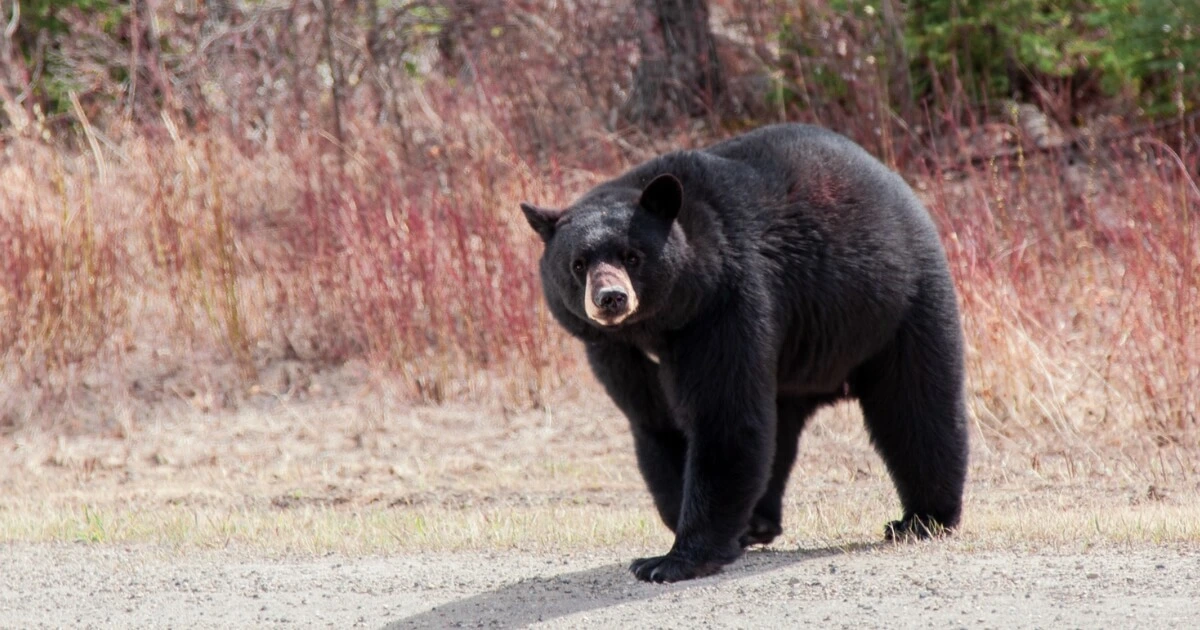
Photo by Gemma Winston / Getty Images
One hundred fifty-one bears were killed by the British Columbia Conservation Officer Service (BCCOS) in August 2023. It’s been one of the deadliest Augusts on record for black bears. But these killings aren’t new: each year, approximately 500 black bears are killed by the BCCOS, often due to mismanagement of attractants or feeding, which the BCCOS says makes the bears a threat to public safety.
Some municipalities have worked hard to implement bylaws related to garbage, attractant management, and wildlife feeding, and tied this to educational/enforcement campaigns. Several other municipalities have no or limited bylaws on the books, continue to use traditional non-locking garbage cans, and enforcement levels are unknown.
As an example, Prince George, the top of the Deadliest Communities for BC Black Bears list, piloted bear resistant bins, but apparently gave up on the effort when the bins used in their pilot weren’t effective. The northern community sees an average of more than 30 black bears killed by the BCCOS per year; in a recent media article, it was noted that the BCCOS received more than 1,200 calls regarding human-bear conflicts in the Prince George area in less than three weeks. The BCCOS does not exist to manage wildlife issues; they are a frontline policing agency with a multitude of responsibilities across the province. But when the agency spends significant resources responding to preventable issues that are manageable by a municipality, the rest of the province pays.
The Fur-Bearers proposes that the BCCOS utilize ‘bill back’ provisions allowed by legislation to compel municipalities to act. Municipalities who fail to pursue solutions earnestly and instead rely on the BCCOS for service should pay for that service and remove the burden from taxpayers across the province. This does not negate the need for the BCCOS to utilize their jurisdictional obligation to impose fines or directives on individuals and businesses within municipalities.
Solutions to the ongoing killing of black bears due to attractant management issues are available and must be pursued at all levels of government for success. A failure to do so, from municipalities, the BCCOS, or other agencies, is a failure for us all.
